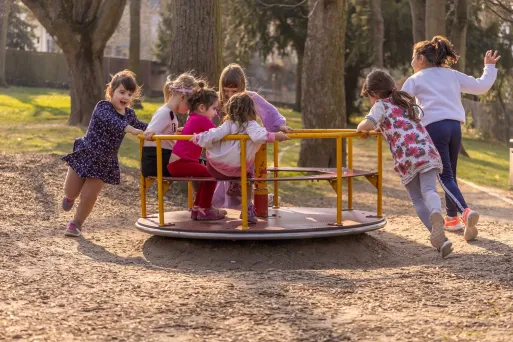UNICEF Report Card 19
How does Canada rank in child well-being among wealthy nations?
Every child deserves to enjoy good physical and mental health and the opportunity to develop their skills and abilities.
But when it comes to child and youth well-being, Canada is barely getting a passing grade according to UNICEF Report Card 19.
In Report Card 19, which looks at the pillars of child and youth well-being in wealthy countries, Canada ranks 19th out of 36 countries overall, far below the top tier expected of one of the world’s wealthiest nations.
Countries with less wealth than Canada like Portugal and Spain showed better child outcomes, ranking 4th and 7th respectively. The Netherlands, Denmark and France topped the list taking podium positions.
As a G7 country, Canada can be a world leader in creating the best conditions for children. Instead, Canada is stuck in the middle of the pack and fails to impress.
Take a deep dive
How does Canada compare to other countries?
Like a school report card, UNICEF’s Report Card 19 evaluates how countries are performing based on key indicators of child and youth well-being. These indicators include life satisfaction, adolescent suicide rates, child mortality, overweight rates, and both academic and social skills.
The report organizes these measures across three main areas of life: mental well-being, physical health, and skills development.
Trends show mixed results for Canada’s children
A new government presents an opportunity to do better
Children have one chance at childhood, the most sensitive stage of human development. They pay the highest price if our policies and programs don’t prioritize their well-being. The newly elected government has an opportunity to put children at the top of the policy agenda by:
- Strengthening income benefits, parental leave, school food programs and affordable child care to give children the best start in life.
- Establishing a National Commissioner who ensures children's needs stay in focus through every government decision.
- Ensuring children can access the mental health support they need, starting by including younger children in the federal Youth Mental Health Fund.
- Implementing Jordan’s Principle to ensure equitable access for First Nations children to all government services and support.



